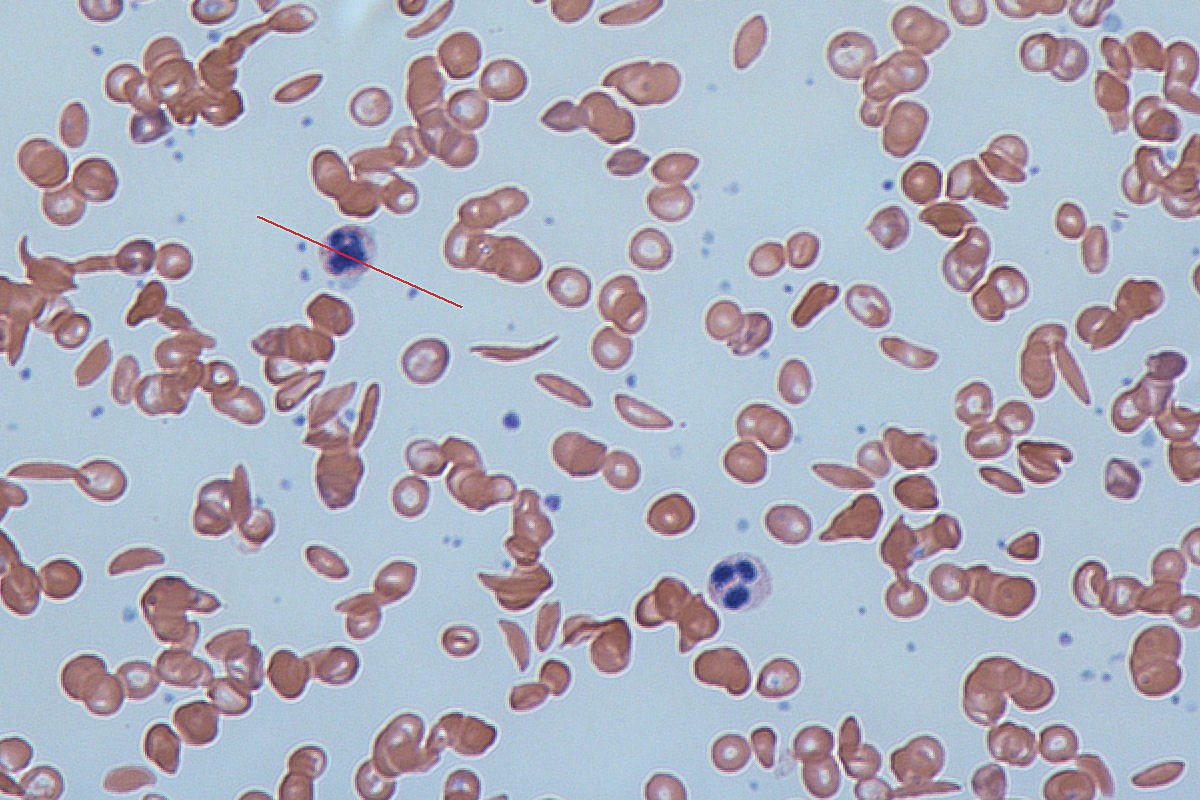
By Rhonda Young and Jack Bernard, special to Statehouse Report | Sickle cell disease (SCD) is a genetic disorder that affects millions of people worldwide. The disease is caused by a mutation in the hemoglobin gene, which leads to the formation of abnormal hemoglobin molecules. These molecules can cause red blood cells to become stiff and sickle-shaped, leading to a range of health complications.


The sickle cell trait is in the DNA of one of 13 Black babies born in the United States. The Centers for Disease Control and Prevention (CDC) indicates that there are 100,000 Americans who are stricken with SCD, including one out of every 365 African Americans
The CDC’s Sickle Cell Data collection program is active in all of the Southern states surrounding South Carolina. However, due to lack of adequate national CDC funding, it is not operational in South Carolina.
The SCD collection system compiles data regarding Americans with sickle cell to examine “long-term trends in diagnosis, treatment, and healthcare access” and to determine patient needs as well as the barriers blocking treatment. The end result is the enactment of actions which increase appropriate utilization of services resulting in lower mortality and morbidity rates.
Living with SCD can be challenging for both patients and their families, as can be readily seen when looking at videos of people with the illness.
Here are some of the most significant challenges associated with the condition:
- Pain management: Sickle cell disease can cause severe pain episodes, known as sickle crises. These episodes can last for days or even weeks and can be debilitating. Managing pain is a significant challenge for patients, as traditional pain medications may not be effective. Patients may require hospitalization and intravenous pain medications to manage their symptoms.
- Increased risk of infections: People with sickle cell disease are more susceptible to infections due to their weakened immune systems. They are at increased risk of developing pneumonia, meningitis and other serious infections. Vaccinations and regular check-ups with a health care provider are essential to help prevent infections.
- Limited treatment options: Currently, there is no cure for sickle cell disease. Treatment options are limited to managing symptoms and complications. Blood transfusions, bone marrow transplants and hydroxyurea are some of the treatments used to manage the disease. However, these treatments can be costly and may not be accessible to all patients.
- Stigma and discrimination: People with sickle cell disease may face stigma and discrimination due to misconceptions about the condition. Some people believe that the disease is contagious or that it only affects certain racial or ethnic groups. This can lead to social isolation and discrimination in healthcare settings.
- Mental health challenges: Living with a chronic illness like sickle cell disease can take a toll on a person’s mental health. Patients may experience anxiety, depression, and other mental health challenges. Access to mental health services and support is essential to help patients cope with the emotional impact of the disease.
In conclusion, sickle cell disease presents significant challenges for patients and their families. Pain management, increased risk of infections, limited treatment options, stigma and discrimination, and mental health challenges are just some of the issues that patients may face. Raising awareness about sickle cell disease and improving access to healthcare services and support can help address these challenges and improve the quality of life for people living with this condition.
One way to partially accomplish this goal is to expand the SCD collection program into South Carolina. In neighboring Georgia, the program has resulted in the identification of underserved SDC areas and the training of providers to appropriately treat these patients. The same must be done in South Carolina via expansion of CDC funding.
Rhonda Young is the executive director of the L.D. Barksdale Sickle Cell Anemia Foundation, which provides advocacy, education and supportive services for 15 counties in upstate South Carolina. Jack Bernard is the former director of health planning for Georgia and a retired senior executive with national health care corporations. Have a comment? Sent to: feedback@statehousereport.com.
















 We Can Do Better, South Carolina!
We Can Do Better, South Carolina!